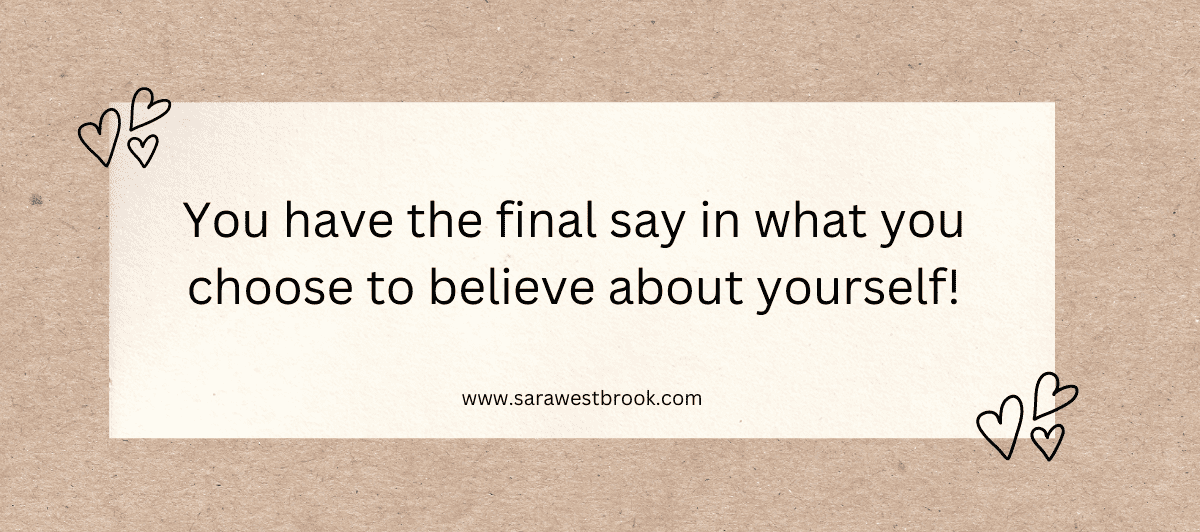
Hurtful Words
“Stick and stones may break my bones, but words will never hurt me.”
Hurtful words do hurt!
They can have a devastating impact on a child’s mental and emotional well-being. They can leave them feeling rejected, embarrassed, discouraged, anxious and can affect their self-esteem, self-worth and identity.
After one of my presentations a young lady shared that she was being called fat and she didn’t know what to do. It happens way too often to both girls and boys!
I shared an activity that has helped me, my son and others bounce back from hurtful words.
The goal is to take the hurtful word – in this case F.A.T. – and change it to a meaning that strengthens confidence and resilience, which is beneficial for both mental and emotional health. When you encourage kids to practice this, they will start to see themselves differently.
They will learn that what they say to themselves is in their control and what they choose to tell themselves matters.
Step One
F.A.T. could mean
- Fabulously. Awesome. Teen.
- Fun. And. Talented.
- Fit. And. Toned.
Step Two
Apply One of the Options Below Using the New Meaning to the hurtful word.
Option 1 – ‘You are right! I am a Fabulously Awesome Teen!’ (or the meaning they have created) Since the person delivering the hurtful words is not getting the reaction they expected, there is a good chance they will eventually get bored and stop.
Option 2 – If saying, ‘You are right! I am a Fabulously Awesome Teen!’ feels uncomfortable, then just repeat, ‘I am a Fabulously Awesome Teen!’ to yourself as you walk away.
For every word that hurts, take each letter and have it stand for a positive, empowering meaning. Then use option 1 or 2 with the new meaning.
Here are a few more examples:
U.G.L.Y. – Upbeat. Generous. Lovable. Youth.
L.O.S.E.R. – Lover. Of. Sports. Especially. Running.
The more kids hear their own voice saying encouraging words, the more their self-worth will shine!
Until next time…

